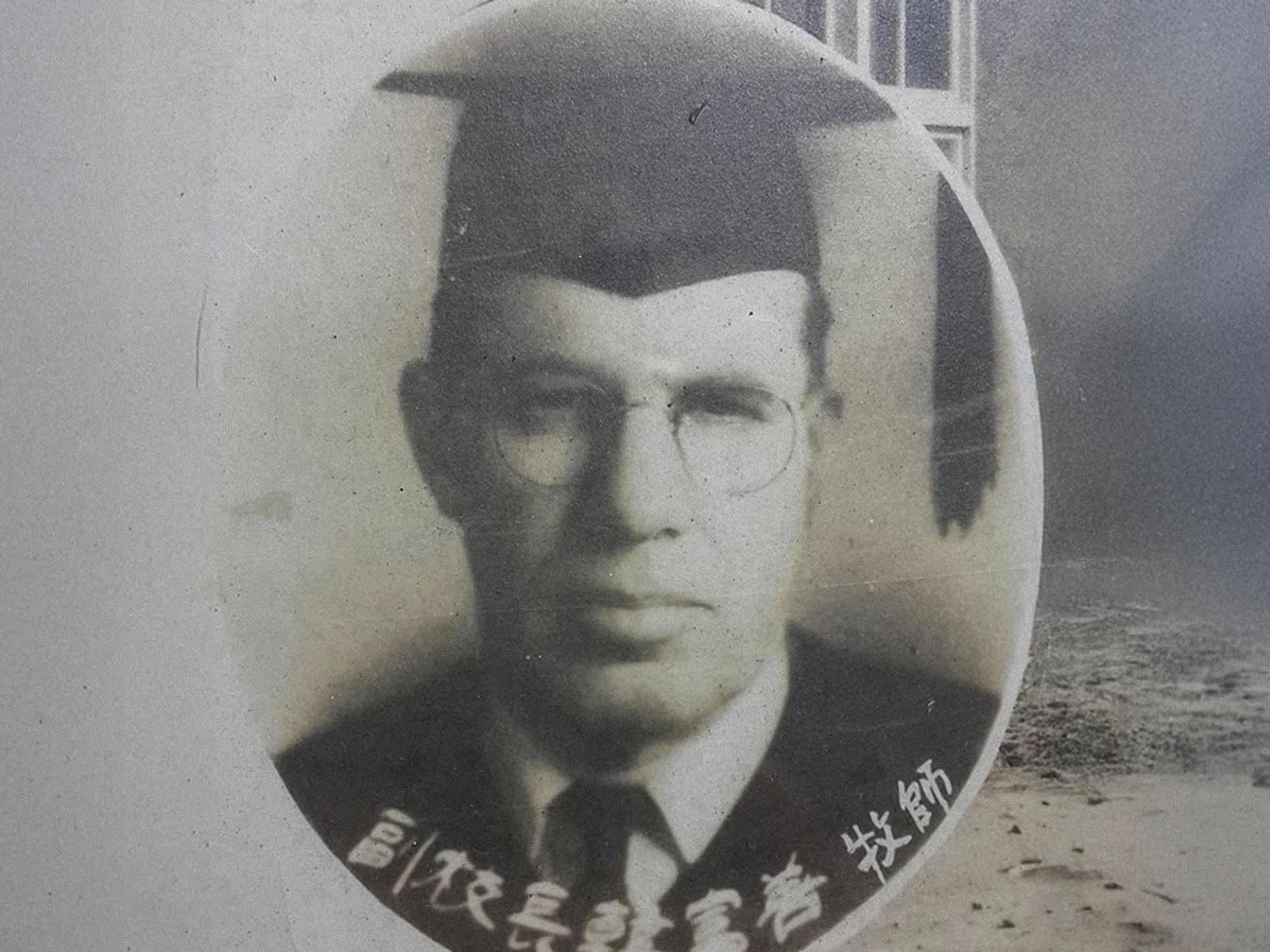Early Life
Bruce Hunt was born in Pyeng Yang in 1903 to missionaries serving with the Presbyterian Church USA (PCUSA). Raised in Korea, Hunt attended Pyeng Yang Foreign School before coming to the United States in 1919. There, he was educated at Wheaton College, Rutgers University, and then at Princeton Theological Seminary. Almost immediately, Hunt returned to Korea as a missionary with the PCUSA. However, this was at the height of the Modernist Controversy and Hunt shortly determined to follow J. Gresham Machen out of the PCUSA, affiliating himself with Machen’s Independent Missions Board. He would later join the newly formed Orthodox Presbyterian Church (OPC) after the dissolution of the Independent Board.
Manchuria
In Korea, Hunt dedicated himself to language studies, and to visitation of the churches within his presbytery. Soon, he would marry Katherine Blair, the daughter of noted missionary to Korea, William Newton Blair, who witnessed the revival in Pyeng Yang. After his retirement, Hunt would republish Blair’s account of the revival, along with his own recollections of Korean martyrs during his own time in Korea, as The Korean Pentecost.
Following a brief furlough in 1935, Hunt and his family took up a mission in Manchuria. Manchuria, during the Japanese occupation of the 1930s, was an ethnically and religious complex field. In addition to the Russian and Chinese population, there was a significant number of diaspora Koreans, who’d been encouraged by their Japanese government to populate the area. With Bruce’s background in Korea, the Hunts devoted their time primarily to ministering the Korean contingent.
From the beginning, relations with the government were difficult. Between pressures to politicize the Korean church to advocate for independence, and the Japanese practice of enforcing Emperor worship, Hunt was in a difficult place. However, by going door-to-door in Harmin, and periodic travels by train and on foot through the countryside, he was able to evangelize extensively through the country.
However, in 1941, Hunt was imprisoned for his opposition to Shintoism. He was briefly released from prison one day before the Japanese attack on Pearl Harbor, then reinterred until being deported to the United States with his family in 1942.
Legacy
In 1946 Hunt returned to Korea. It was a period of liberalization in the Korean church, and Hunt, in his role at Koryua Seminary, was instrumental in maintaining a sound biblical church there, assisting with a newly formed denomination until he retired in 1976. He died in 1992 in Pennsylvania.
Hunt’s life and ministry was characterized by faithfulness to the whole counsel of God, and a willingness to endure suffering for the sake of the church. It is an influence that bears fruit in the South Korean church to this day. Hunt's love for the mission of the church might best be seen in his 1957 address, "The Church and Missions," a message to graduating seminary students. In it, Hunt emphasizes that "Missions is the work of the church—the church as a whole and of the several members as part of the whole—missions is not an individual or private matter."
Missions is the work of the church, [it] is not an individual or private matter.
Additional Resources
- Read Bruce Hunt's "The Church and Missions"
- Read The Korean Pentecost
- Listen to an Interview with Bruce Hunt
